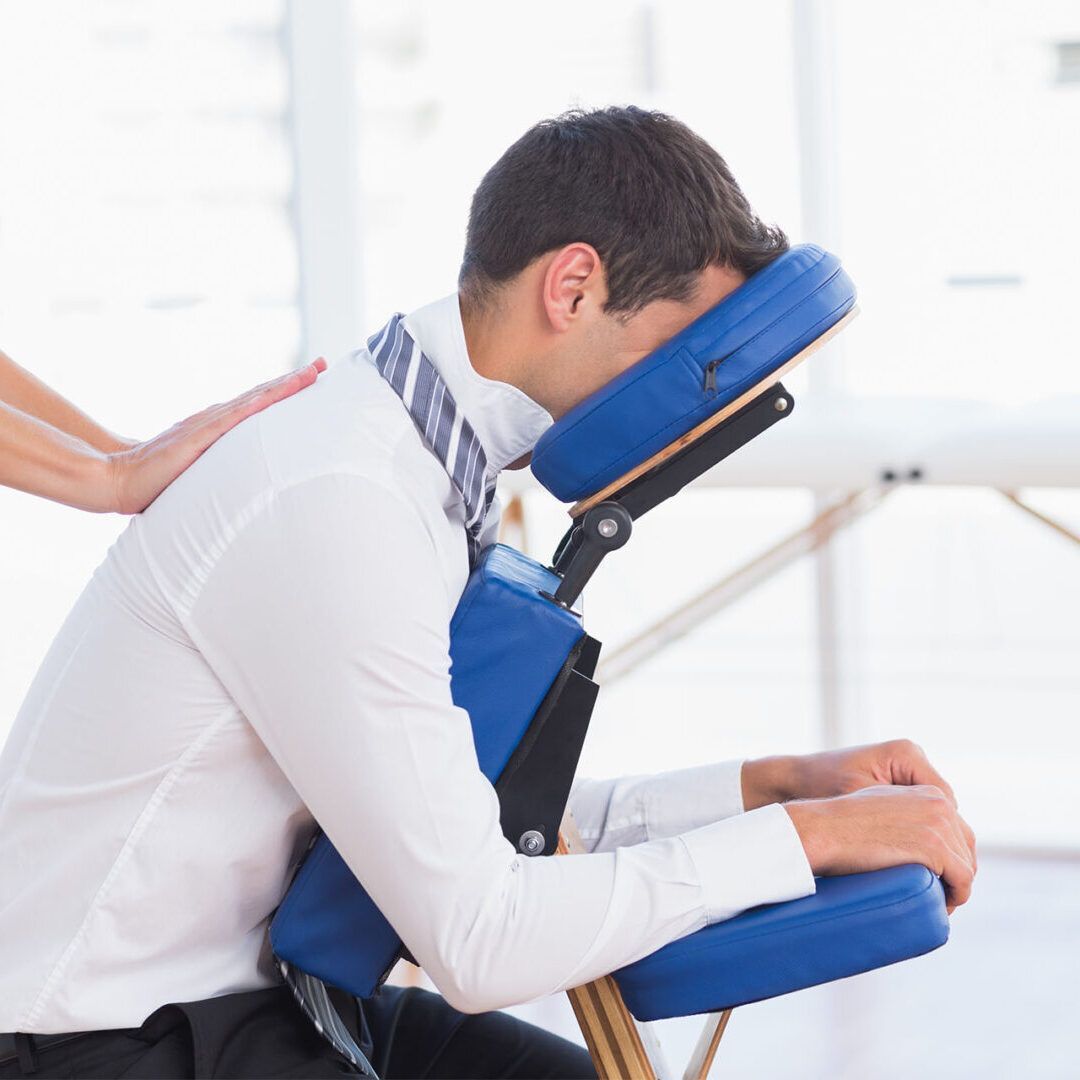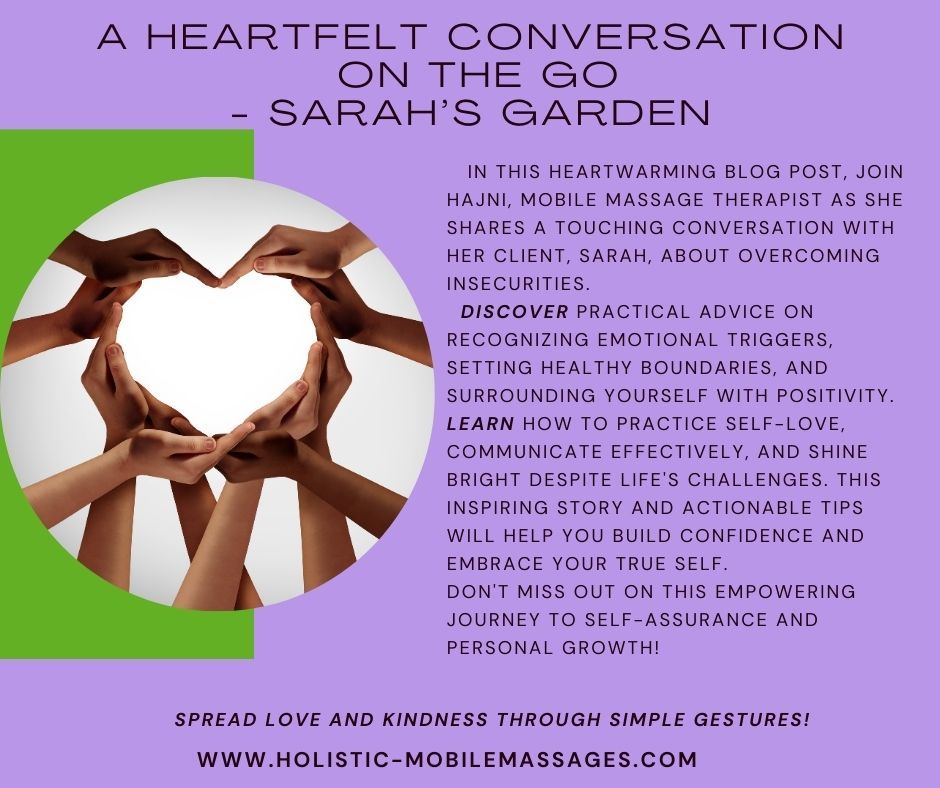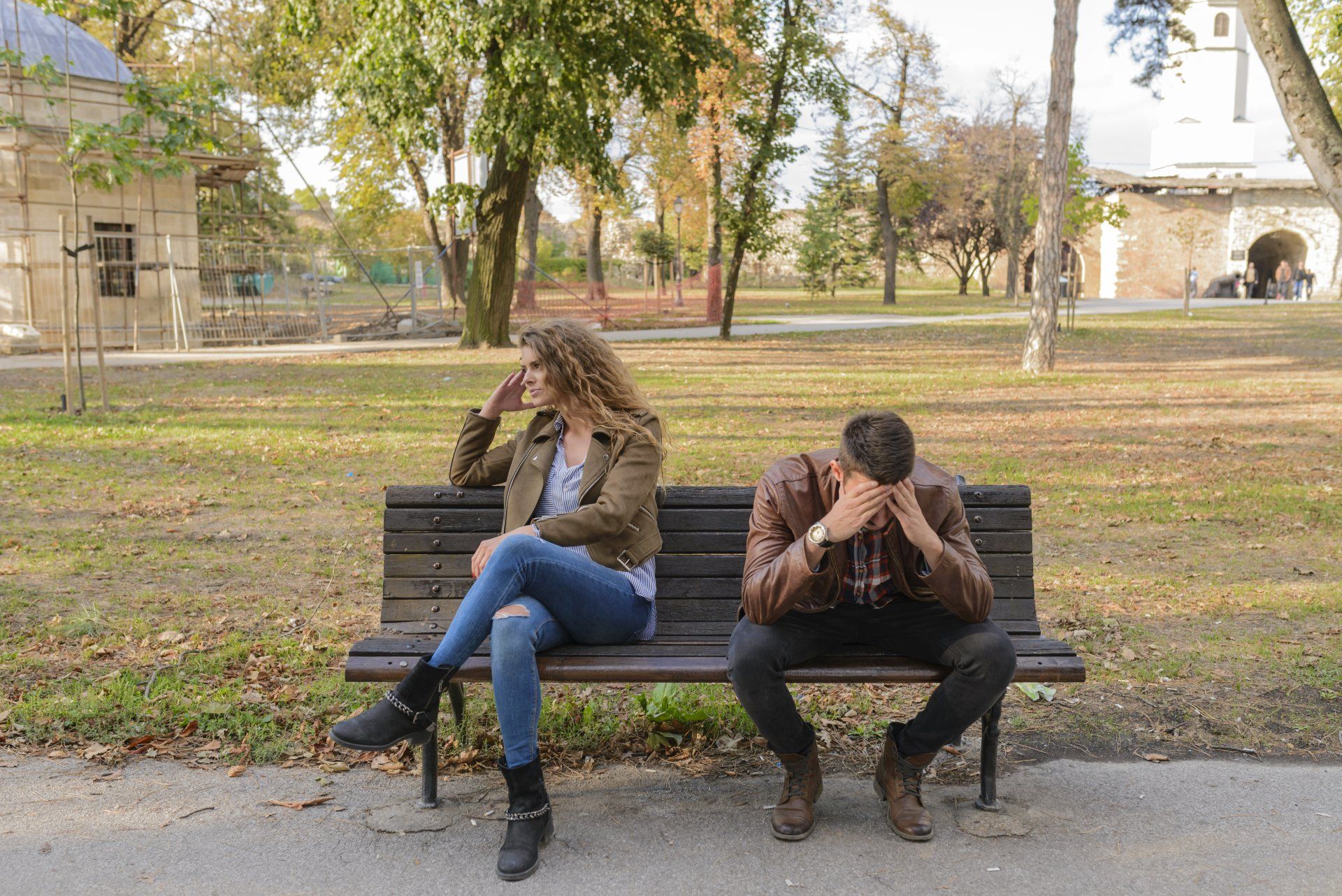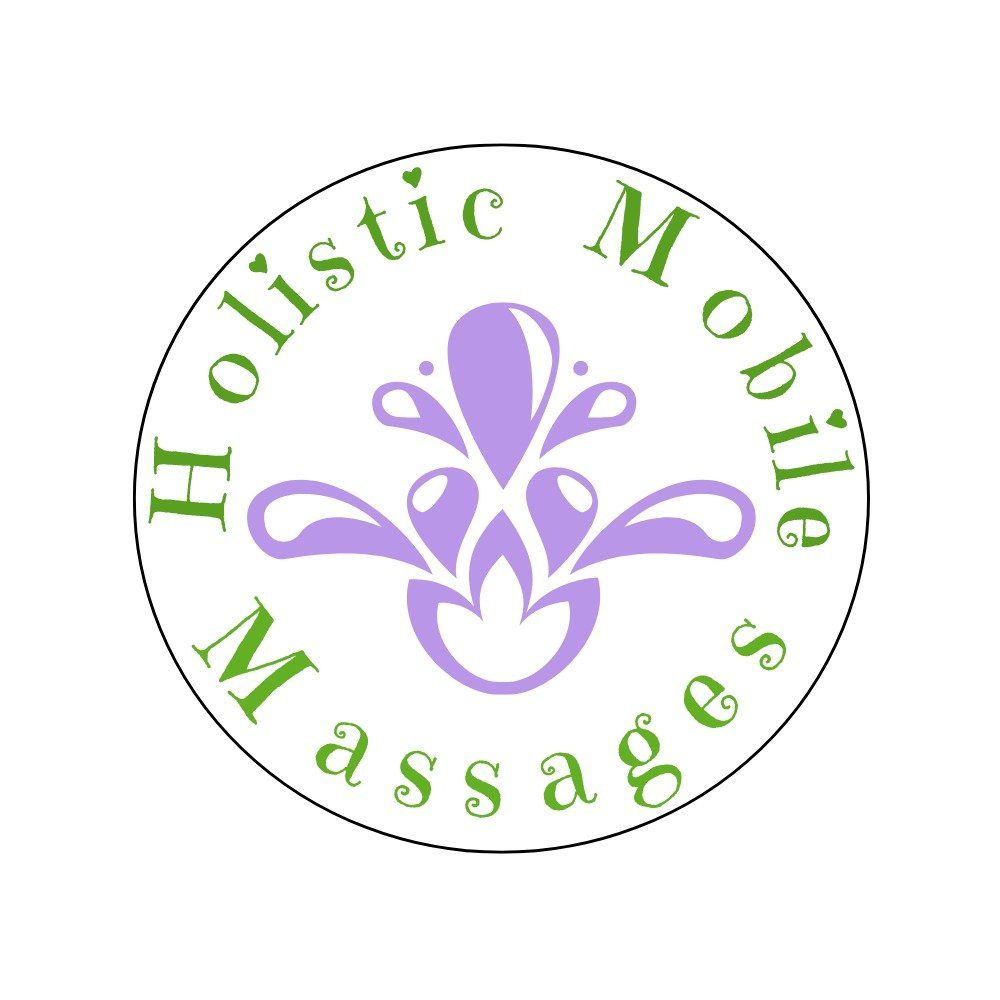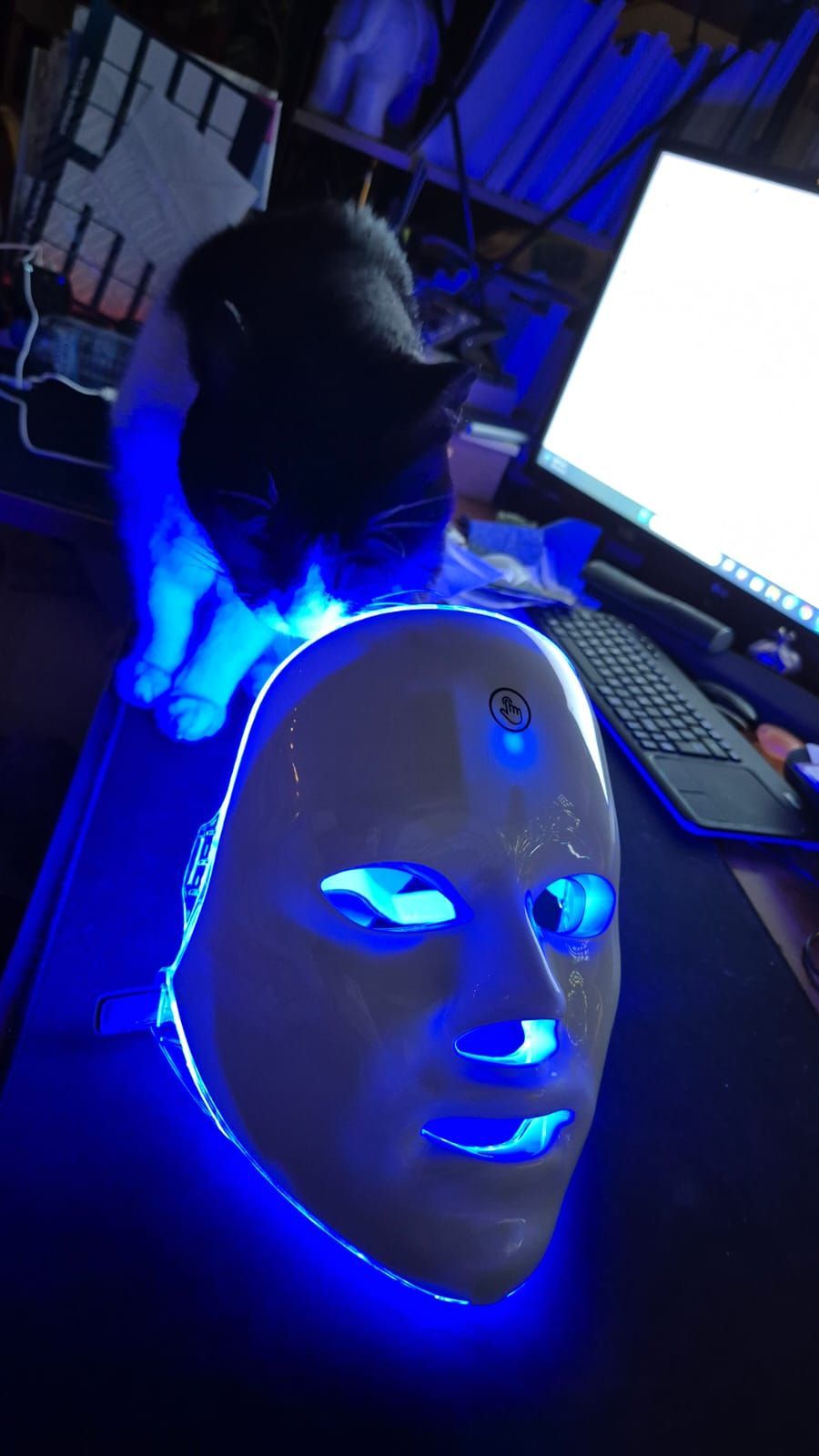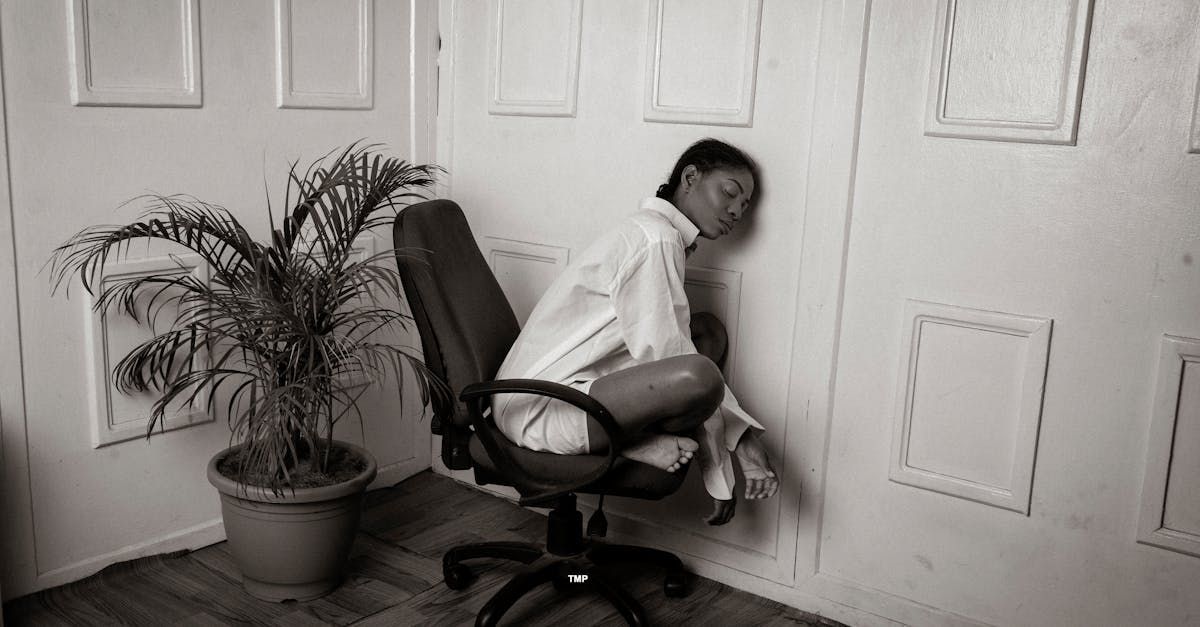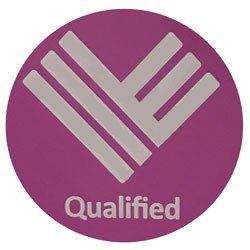The Link Between Lifestyle and Insomnia: How Professional Massage Can Help
Introduction
In today's fast-paced world, sleep has become a precious commodity. Unfortunately, for many, insomnia is a common and unwelcome visitor in their lives. While there are various factors that contribute to insomnia, one crucial aspect is often overlooked - lifestyle. In this article, we will explore the connection between lifestyle and insomnia, identify the potential causes, and introduce the role of professional massage in combating this sleep disorder. Additionally, we'll provide some self-massage techniques and simple lifestyle changes that can help you avoid insomnia.
The Lifestyle-Insomnia Connection
Our modern lifestyles are often characterized by stress, irregular sleep schedules, and poor dietary choices. All these factors can disrupt our body's natural sleep-wake cycle, making it difficult to fall asleep and stay asleep. Here are some lifestyle-related factors that can contribute to insomnia:
1. Stress: The demands of daily life, work, and personal responsibilities can lead to chronic stress, making it challenging to relax and unwind before bedtime.
2. Screen Time: The use of smartphones, tablets, and computers before bedtime can interfere with the production of melatonin, a hormone that regulates sleep.
3. Poor Diet: Consuming caffeine, heavy meals, or sugary snacks close to bedtime can disrupt sleep patterns.
4. Lack of Physical Activity: A sedentary lifestyle can lead to a lack of physical tiredness, making it harder to fall asleep at night.
5. Inconsistent Sleep Schedule: Irregular sleep patterns, like staying up late on weekends and sleeping in, can confuse the body's internal clock.
6. Environmental Factors: Noise, light, and an uncomfortable sleep environment can all contribute to insomnia.
Professional Massage as a Solution
One effective way to address insomnia stemming from lifestyle factors is through professional massage therapy. Massage has been used for centuries to relax the body and mind, reduce stress, and promote restful sleep. Here's how it works:
1. Stress Reduction Through Massage: Massage therapy helps release tension and promotes relaxation. The soothing touch of a skilled massage therapist can lower cortisol levels (the stress hormone) in the body, allowing you to unwind and prepare for sleep. Professional massage therapists are trained to use various techniques, such as Aromatherapy, Therapeutic, Swedish massage, or deep tissue massage, to target muscle tension and promote relaxation. Massage stimulates the release of neurotransmitters like serotonin and dopamine, which can improve mood and reduce anxiety.
2. Improved Blood Circulation: Massage techniques like kneading and stroking help increase blood flow to muscles, which can relieve stiffness, discomfort, and promote a sense of well-being, making it easier to fall asleep. Improved circulation ensures that oxygen and nutrients are delivered to muscles and organs, aiding in the body's natural repair processes.
3. Enhanced Sleep Quality: Regular massages can improve sleep quality by encouraging deeper and more restorative sleep cycles. Regular massage therapy has been linked to an increase in delta brain waves, which are associated with deep sleep stages.
4. Release of Endorphins: Massage stimulates the release of endorphins, the body's natural painkillers and mood elevators, which can reduce anxiety and promote relaxation. The release of endorphins during a massage can create a sense of well-being and help reduce symptoms of depression and anxiety.
Self-Massage Techniques
If you can't book a professional massage therapist regularly, here are some self-massage techniques that can help you relax before bedtime:
1. Neck and Shoulder Massage: Gently knead the muscles at the base of your skull and work your way down the neck and shoulders using your fingertips. Apply gentle pressure to release tension. You can do it simultaneously on both sides or alternatively.
2. Foot Massage: Roll a tennis ball or a massage ball under your feet to release tension or just enjoy a self-foot massage, focusing on areas of tightness or discomfort. This easy Reflexology will benefit your whole body, including your internal organs.
3. Forehead Massage: Use your fingertips to gently massage your forehead in upward motions, releasing tension in the brow area. Also massaging your head is a good way to relax and refresh the mind! Have a closer look at our article about headaches, to find the pressure points and how to massage them! (link : https://www.holistic-mobilemassages.com/headache-chronicles-deciphering-the-different-types-pressure-point-location-and-holistic-solutions)
4. Deep Breathing: Combine self-massage with deep breathing exercises to amplify relaxation. Inhale deeply through your nose, hold for a few seconds, and exhale slowly through your mouth.
Lifestyle Changes to Avoid Insomnia
In addition to massage therapy, making some simple lifestyle changes can significantly improve your chances of getting a good night's sleep:
1. Establish a Consistent Sleep Schedule: Going to bed and waking up at the same time every day helps regulate your body's internal clock, making it easier to fall asleep and wake up feeling refreshed.
2. Limit Screen Time: The blue light emitted by screens can suppress melatonin production, making it harder to fall asleep. Avoid screens at least an hour before bedtime. Replace with meditation, breathing exercises, journaling.
3. Mindful Eating: Finish eating heavy or spicy meals at least two hours before bedtime. Avoid caffeine and alcohol in the evening, as they can disrupt sleep patterns.
4. Create a Comfortable Sleep Environment: Ensure your bedroom is dark, quiet, and at a comfortable temperature. Always personalize your sleeping area to offer you the best results. Consider using blackout curtains, earplugs, or a white noise machine if needed.
5. Regular Exercise: Engaging in regular physical activity can help you fall asleep faster and enjoy deeper sleep. However, avoid strenuous workouts close to bedtime, as they can have the opposite effect.
Conclusion
Insomnia can be a frustrating and debilitating condition, but it's often closely tied to our lifestyle choices. By recognizing the connection between our daily habits and sleep quality, and by incorporating professional massage therapy and self-massage techniques into our routines, we can take significant steps toward achieving restful and rejuvenating sleep. Combine these practices with healthy lifestyle changes, and you'll be well on your way to saying goodbye to insomnia and hello to a good night's sleep. Remember that consistency is key, and it may take some time for these changes to have a noticeable impact on your sleep patterns. Book your massage session today and start living a healthier life!

